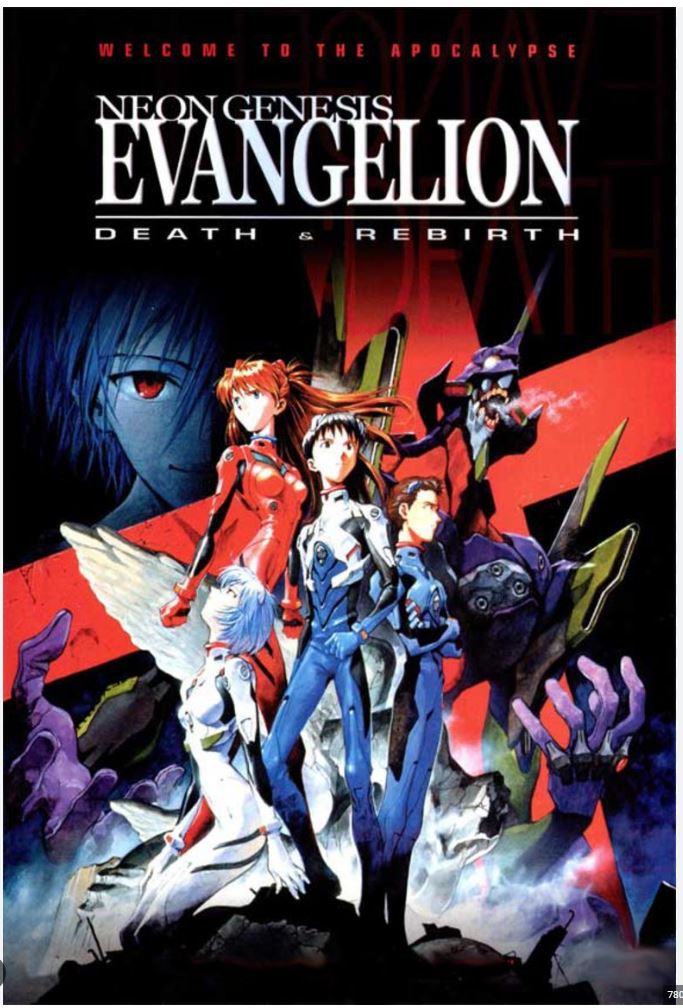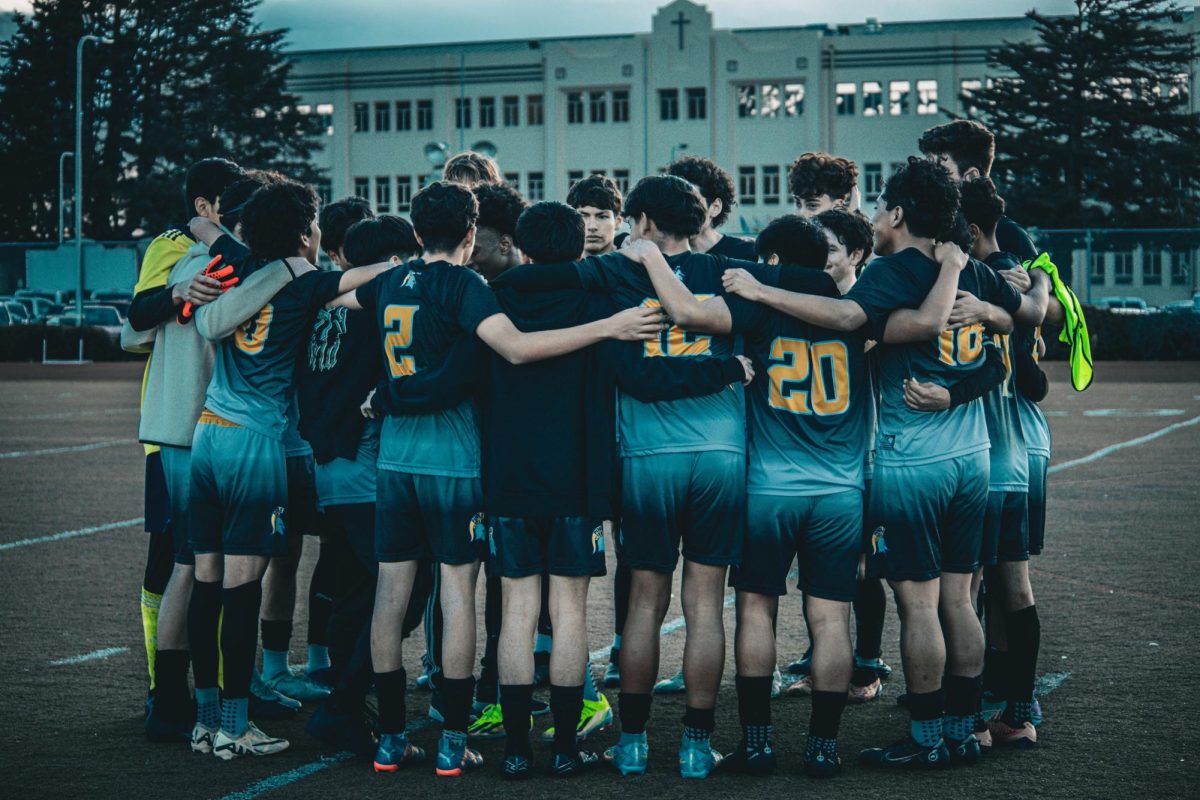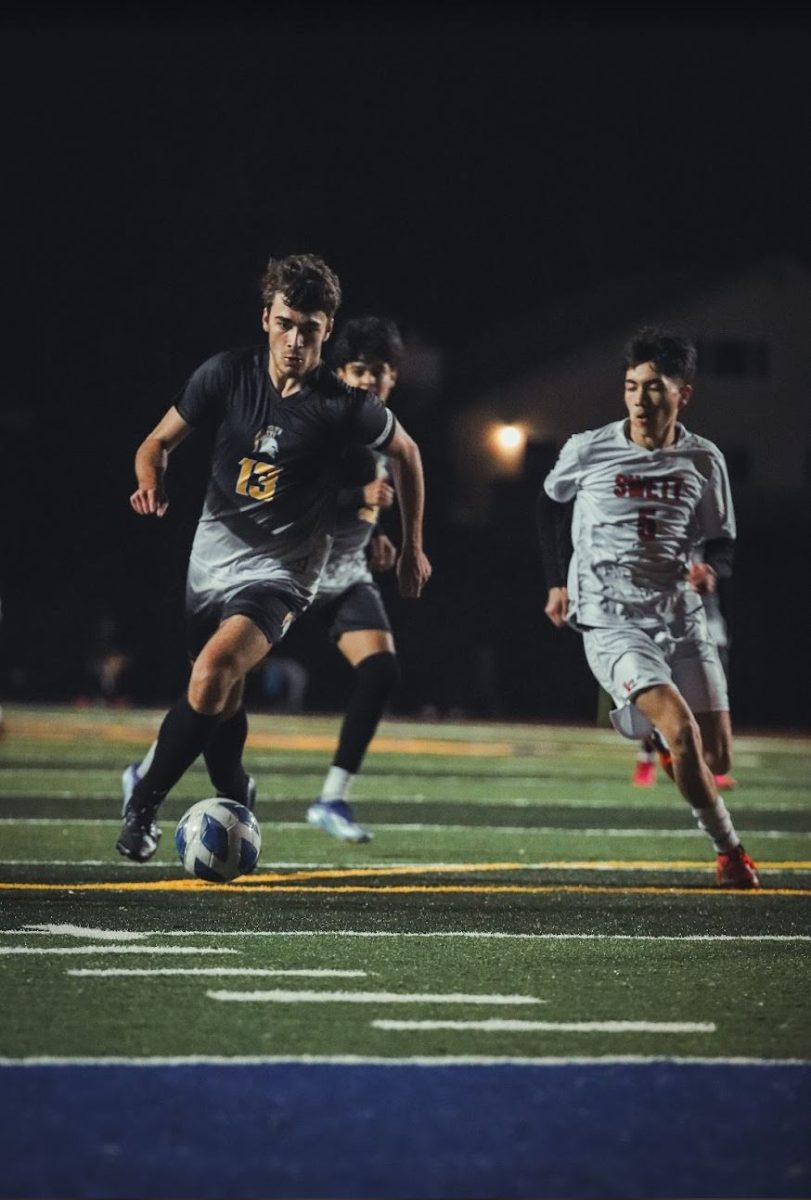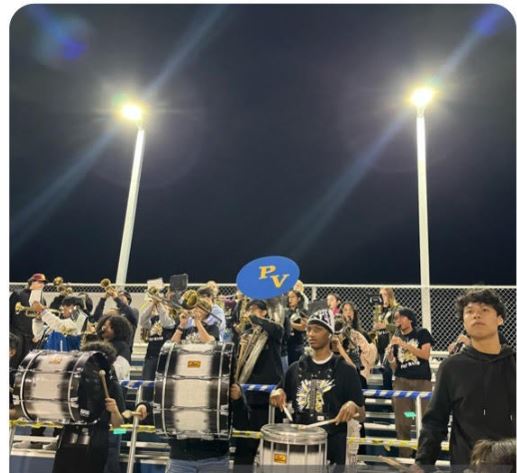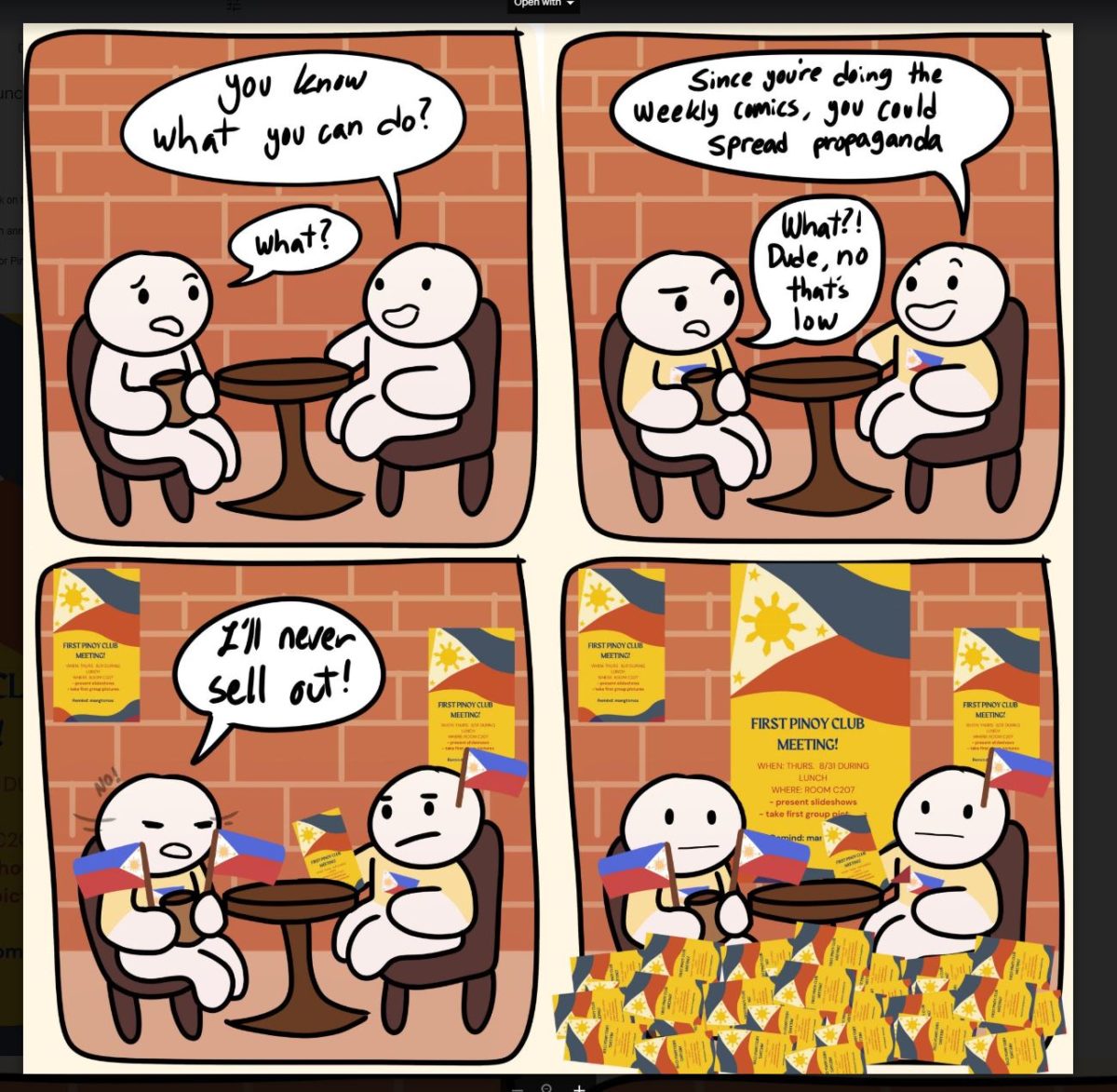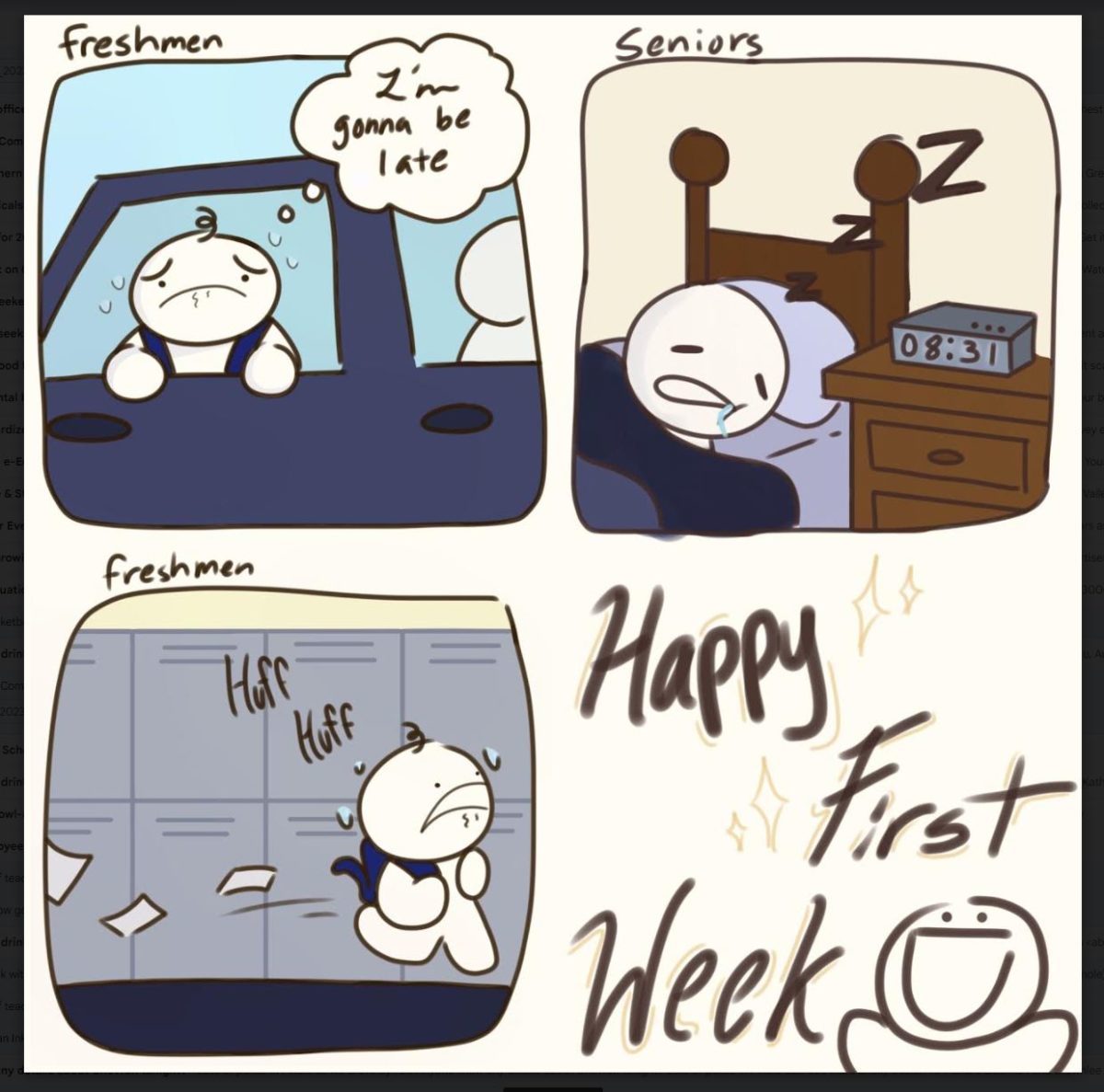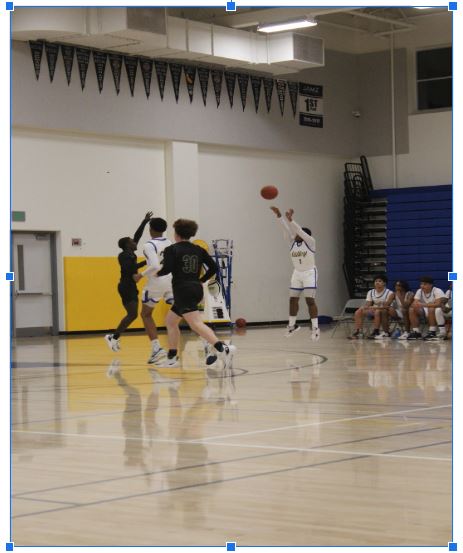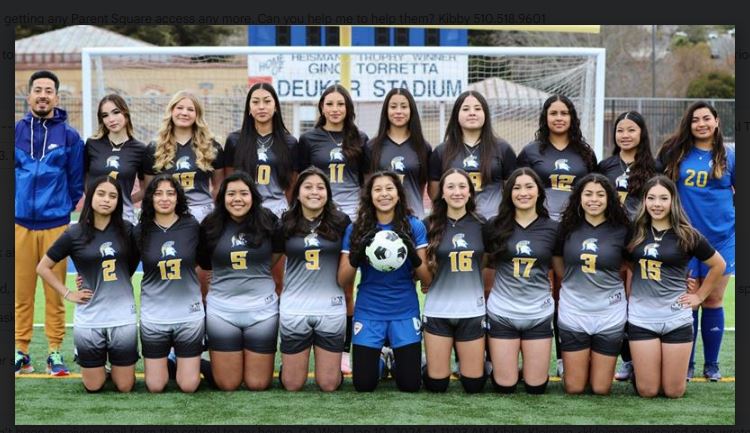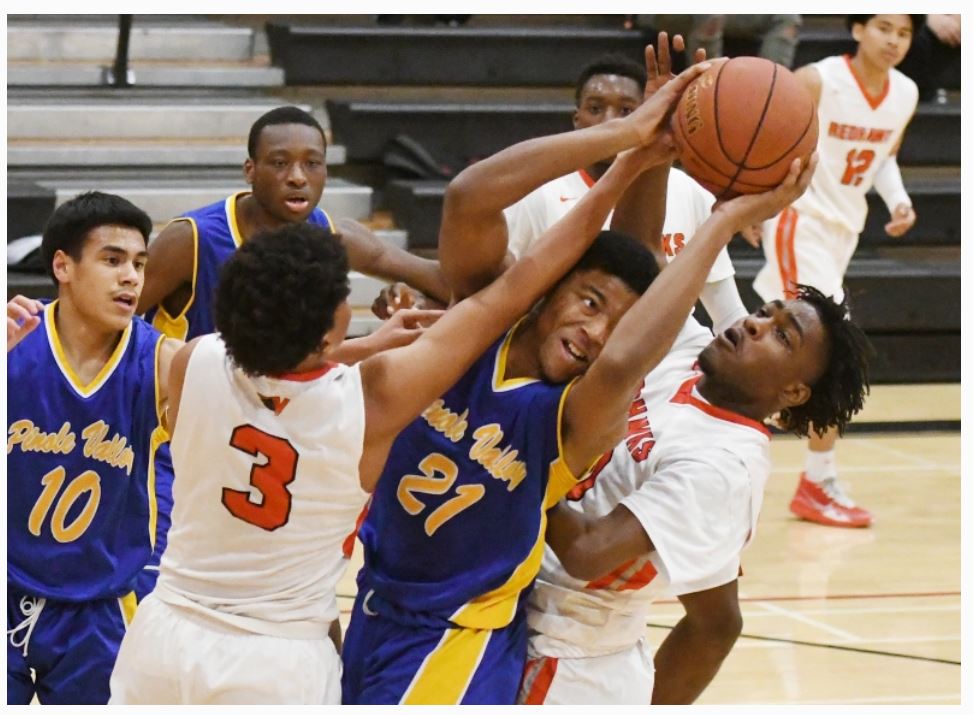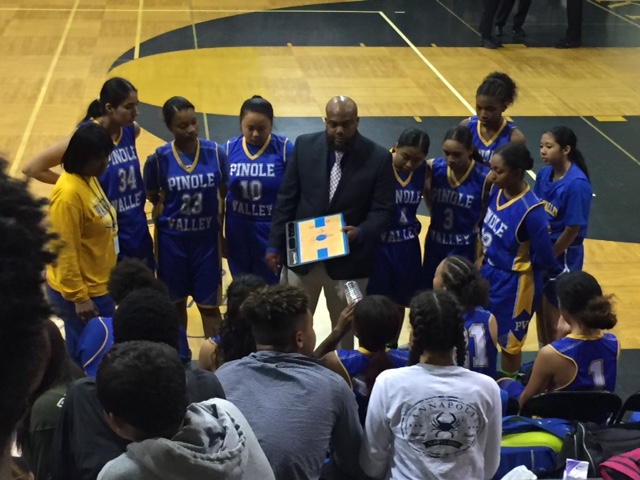When Hideki Anno set out to create arguably the most acclaimed anime of all time, Neon Genesis Evangelion, he was battling severe depression, which served as inspiration for the show. Created in 1995, Evangelion has since been adapted into a manga series of the same name in 1994 (the manga was released before the show’s airing, though it was already in production) through 2013, following a similar storyline as the anime with minor changes. Kadokawa Shoten Publishing Company produced 14 volumes of the manga, with 2,524 pages in total. Evangelion is a timeless story that reflects the author’s internal struggles by creating realistic characters despite an outlandish, dystopian setting.
Set in 2015, the Earth is in a post-apocalyptic state after the “Second Impact” of 2000, which was an awakening of unidentified lifeforms at Earth’s core probed by scientists that killed half of the population by melting the Arctic. The manga is about a fourteen-year-old boy named Shinji Ikari whose mysterious and estranged father is the head of a secret organization, NERV, which creates manned artificial life forms called Evangelions to combat the angels, ironically referring to the same humanity-threatening monsters from the Second Impact. When his father mysteriously calls him to meet again at his place of work, he is expected to pilot one of the Evangelions and fight the first angel that appears in their Tokyo-3 Prefecture. Shinji is stricken with fear and refuses to pilot, so in his place, Gendo orders the gravely injured pilot Rei, an aloof 14-year-old who later is revealed to be a clone of his late wife. Seeing that she is writing in pain and will be rendered useless by his father if he doesn’t, Shinji defeats the angel and vows to never do so again. He goes on to live with Misato, another worker at NERV who becomes like a mother figure to him and attends a school where he makes new friends who are psyched after learning he pilots the fabled Evangelion. Shinji reluctantly fights many more angels throughout the book as he learns that only he and two others can pilot them, including Rei and his belligerent partner Asuka. All of the characters in the movie face trauma from the threat of the angels, but the pilots and Misato face immense pressure from their jobs, as well as struggles with every relationship they form.
Neon Genesis Evangelion provides a realistic example of the conscious minds of others, especially in regard to forming close relationships with others. Though each and every character faces a struggle in the manga, I’d like to focus on three main characters as they provide insight into a plethora of psychological troubles that real people face.
Following the death of his mother due to a tragic accident involving the Evanglions, three-year-old Shinji Ikari was abandoned by his father so that he could work on advancing the robots. Though this time was not shown in the book, Shinji’s life is relatively monotonous from his abandonment to his eventual return, picking up no major hobbies, no close friends, and a lack of drive for his future. The first indicator of his underlying mental issues begins in the very first episode when he realizes that his father would only approve of him if he pilots the robot. Unbeknownst to Shinji, he loses his sense of self as he is only searching for praise and in turn seems to suffer from complex PTSD in nearly losing his life every time he fights an angel. On page 204 of Volume Three Omnibus Edition, this is revealed when a mind-probing angel stimulates a state of deep consciousness much like a dream, where he stabs his father in exasperation from the stress of piloting and his abandonment. His PTSD manifests in fearful visions, a fear of abandonment, and depression resulting in constant self-deprecating behavior. Shinji does not let anyone see his true self for fear of being rejected by others, though is troubled by his lack of relationships. In the fourth omnibus volume on page 379, Shinji is confronted by government soldiers who threaten to kill him as he is related to the NERV corporation, which closely follows the death of his first friend and romantic partner Kaworu who turned out to be an angel. Forced to kill him, Shinji is unopposed to being shot by the soldiers and puts up no fight until Misato saves him, reflecting his disregard for life as a result of his depression. The case of Shinji alludes to the psychodynamic theory of the unconscious mind as he is unaware of the trauma caused by his father and the Evangelion.
Misato Katsuragi was a near victim of the Second Impact as she and her scientist father were at the site of the disaster when she was a child, where he lost his life saving hers. After the traumatic event, she didn’t speak or eat for several days. Later into adulthood, she is portrayed as a charismatic and flirtatious woman despite suffering from PTSD but feels depressed often and drinks when she’s alone. Misato’s ex-boyfriend Kaji, who she claims to hate but occasionally sleeps with, is a manifestation of her search for a replacement for her father, as he is just as mysterious and unpredictable. In addition on page 186 of the first volume, Shinji moves in and finds that her apartment is a complete mess, with tv dinners and beer cans all over the table and only alcohol in the refrigerator. She is later revealed to be a heavy alcoholic, drinking every day and getting blackout drunk especially when there is more stress in her life. Through her substance abuse and promiscuous behavior as a result of previous trauma, she likely has a borderline personality disorder. Misato’s character refers to a behaviorist approach, as she acts based on her past experiences with relationships.
The series itself has amassed insane success still to this day with remakes and a strong fanbase, though certain aspects of the show have spiked controversy and criticism. At the time of its release, there was little to no series that could achieve a continuous storyline with the constraints of live TV airing, and a such profound plot, unlike adventure manga that was most popular at the time. Evangelion was a trailblazer for several other works and set the stage for the future of psychological fiction in the animated world. The world-building is innovative, though somehow realistic even with made-up monsters and disasters through the use of well-written characters and scenarios. Unfortunately, as a companion of the show and because of the weekly chapters put out, the beginning of the manga was inconsistent with the end as it resembled a one-off adventure as opposed to focusing on the development of the main plot. This could not be avoided, however, as this way of storytelling was essential for the live television and weekly manga format of the time period and would not allow casual viewers to understand the series. A strong point of controversy lies with certain themes regarding adult relations with children and sexual assault, though these instances were not glamorized or encouraged in any way. It’s argued that these depictions add to the realism of the characters and stress the intensity of their flaws. Lastly, it is hard to understand without cross-referencing other sources as many events are vague or complicated through the fictitious element of science fiction.
Neon Genesis Evangelion is my favorite series of all time as it has taught me the fundamentals of human behavior in a nuanced fashion. I recommend it to anyone who will listen and could talk about it for hours because of the complex characters and one of the most realistic portrayals of relationships despite the heavy sci-fi overtones. Despite being confused during my initial watch, I have never halted my search for more information and theories about the show to fully understand and explain it to new fans, so much so that I wrote this paper without the help of any new sources. I am currently looking further into the effects of the real-life author and circumstances that affected the writing and production of the series as what I’ve learned already has given me a much greater understanding of what gives it character. Evangelion has truly changed my life and how I view psychological processes and interactions with others.
Works Cited
https://opuszine.us/posts/how-hideaki-anno-depression-influenced-evangelion


